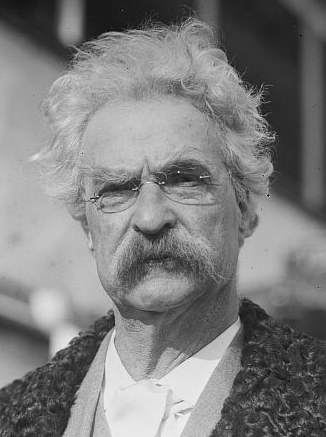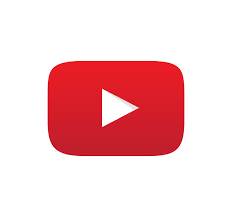Use misterdoctorcoachguy.com if you want to understand how to read literature, if you are a teacher or student who wants to learn the art of close reading, or if you want to start building a personal library. Explore literature with misterdoctorcoachguy—and learn how to think like a reader.
Learn the Art of Close Reading
Follow the navigation menu from left to right and read the pages top to bottom for a free, comprehensive educational survey of literature of the English language based on the skill of close reading. Misterdoctorcoachguy, who earned a PhD in English in 2003, designed this website using notes from over twenty years of teaching high school students, college students, and graduate students.
Mark Twain, Following the Equator (1897)“Classic.” A book which people praise and don’t read.
Of course, jumping directly to material may be preferable depending on your needs. After the introductory pages on literature and close reading, find three main sections in the navigation menu to direct you. Explore: Elements of Literature, Genres, or Literary Periods.
How to Use this Website to Close Read Literature
- Study the Elements of Literature section. Understanding figures, diction, syntax, point of view, imagery, tone, and prosody will help anyone become a better close reader. Learn to comprehend any given passage from a story or lines from a poem by focusing on it more effectively.
- Find simple, straightforward definitions for narrative, exposition, drama, and poetry under the Genres section. Appreciating genre gives context to your close reading.
- Discover essential books and authors through the pages on Literary Periods. Find what is most worth reading from each era. Build a library using the lists of recommended works at the bottom of each page.
- Preparing for the AP English literature or composition exams? Learning the figures of speech in the Elements of Literature section will help you prepare for those exams.
- The AP English Language and Composition exam depends on reading closely and interpreting a piece of writing, so be sure to study the section of this site devoted to close reading. The composition exam focuses on nonfiction, so reading up on exposition in the genres section should also be of help.
- For the AP English Literature exam, careful reading and knowledge of at least one representative work from each of the eras from the Early Modern period onward will help tremendously, especially on the exam’s third, open essay topic (Q3). Explore literature through close reading stories, poems, or plays from those periods with misterdoctorcoachguy. Just get a book from the representative texts lists at the bottom of every page in the literary periods menu, and start reading.
Finally, for a free overview of English literature from an expert, just start reading What is Literature? and keep going.


